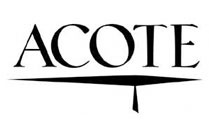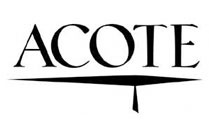Frequently Asked Questions
What does occupational therapy (OT) entail?
As an inclusive profession, occupational therapy maximizes health, well-being, and quality of life for all people, populations, and communities through effective solutions that facilitate participation in everyday living (AOTA vision 2025). Occupational Therapy utilizes evidence-based approaches to creatively improve a person’s abilities, modify tasks, and change the environment to allow individuals to engage in daily activities that are important to them. This may include activities of daily living such as dressing, bathing, leisure or play activities, sleep and work.
What tasks would I be performing during a typical workday?
Depending on your employer or work setting, your role might include:
- Aiding the growth and development of premature babies
- Enhancing learning environments for children with special needs
- Adapting home environments for people who have experienced a stroke, reduced vision or dementia
- Analyzing tasks and equipment to prevent ergonomic and work injuries
- Conducting research to measure the effectiveness of intervention activities
- Facilitating use of public transportation to improve community participation
- Educating future occupational therapists as a professor or as a fieldwork supervisor.
Where do occupational therapy practitioners work?
Opportunities for change and variety characterize the range of career options in occupational therapy. Potential employers include public schools, rehabilitation hospitals, mental health centers, nursing homes, physician practices or home health agencies. As your career progresses, you will want to consider advancement opportunities in management, specialization, teaching, research or private practice.
Does occupational therapy offer opportunities for individuals of culturally diverse backgrounds?
The occupational therapy profession is actively seeking to expand the number of practitioners representing the many aspects of cultural diversity in our society.
What abilities do I need to become an occupational therapist?
A list of technical standards and essential tasks that UB OT students must be able to perform with or without reasonable accommodation. Students should contact the Office of Accessibility Resources at (716) 645-2608 to discuss accommodations.

